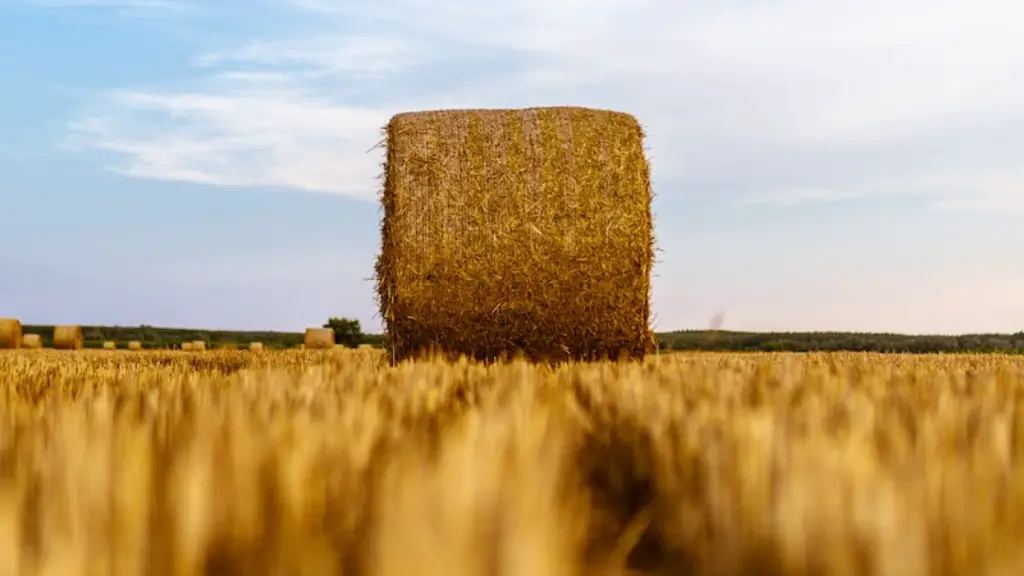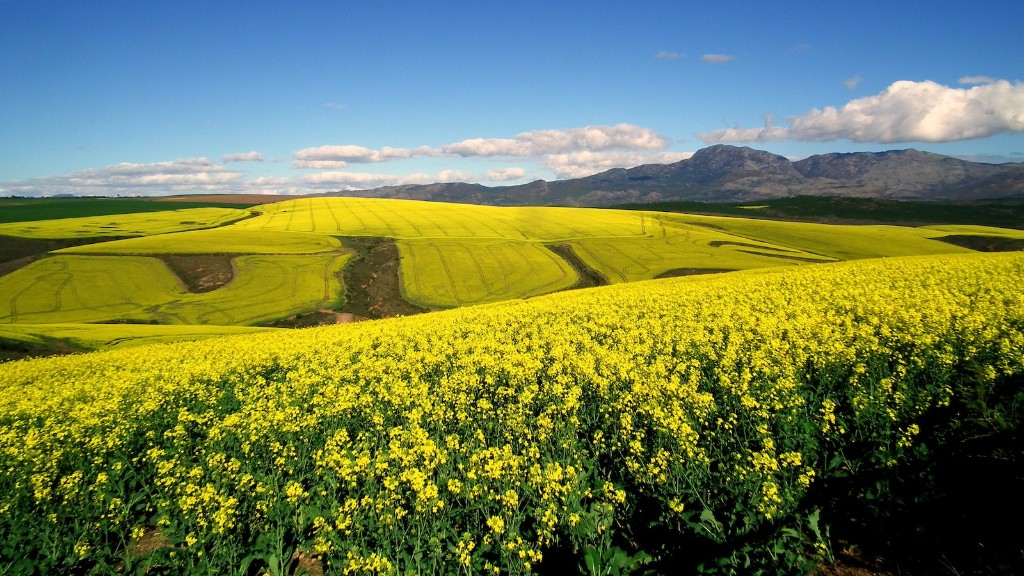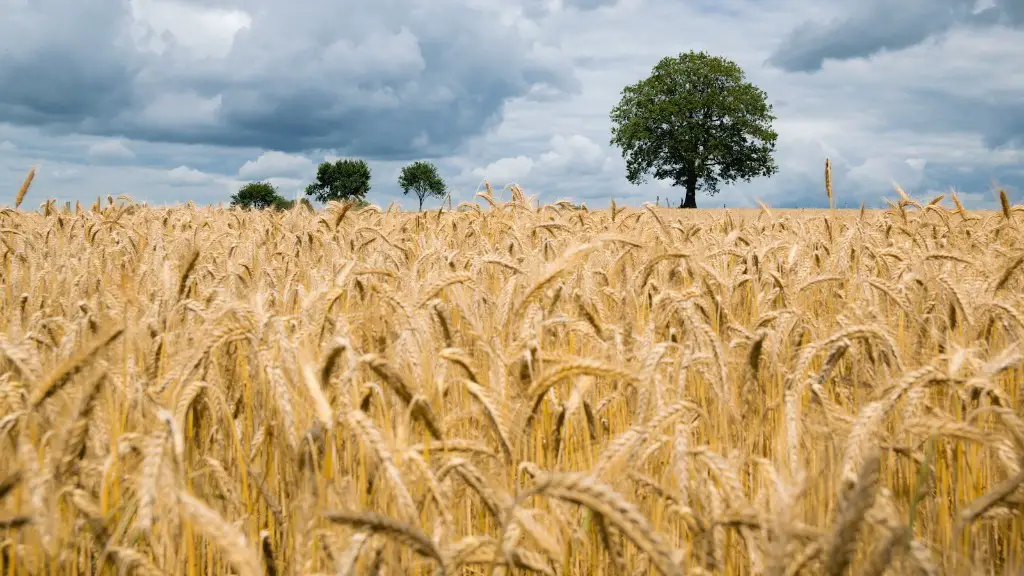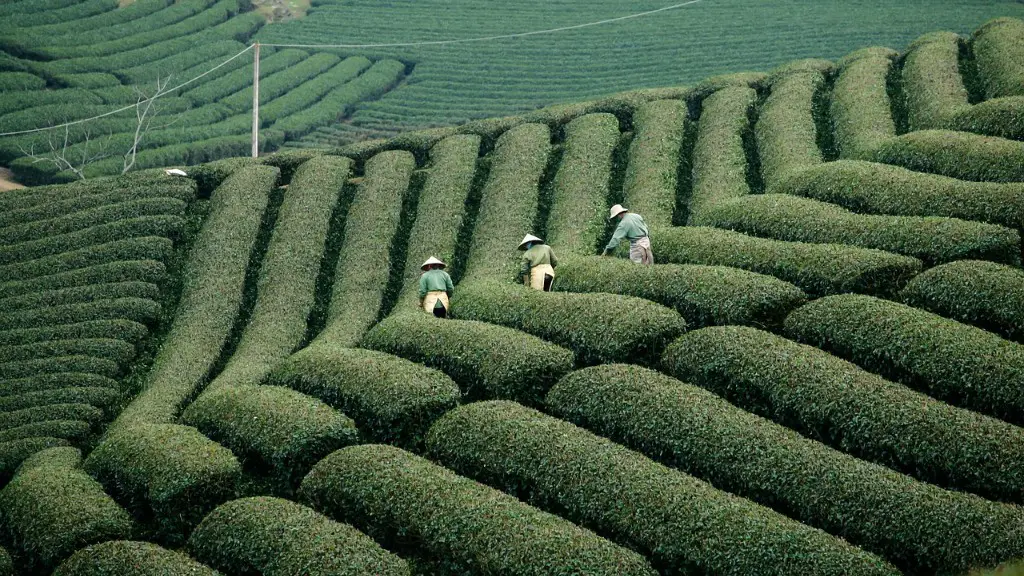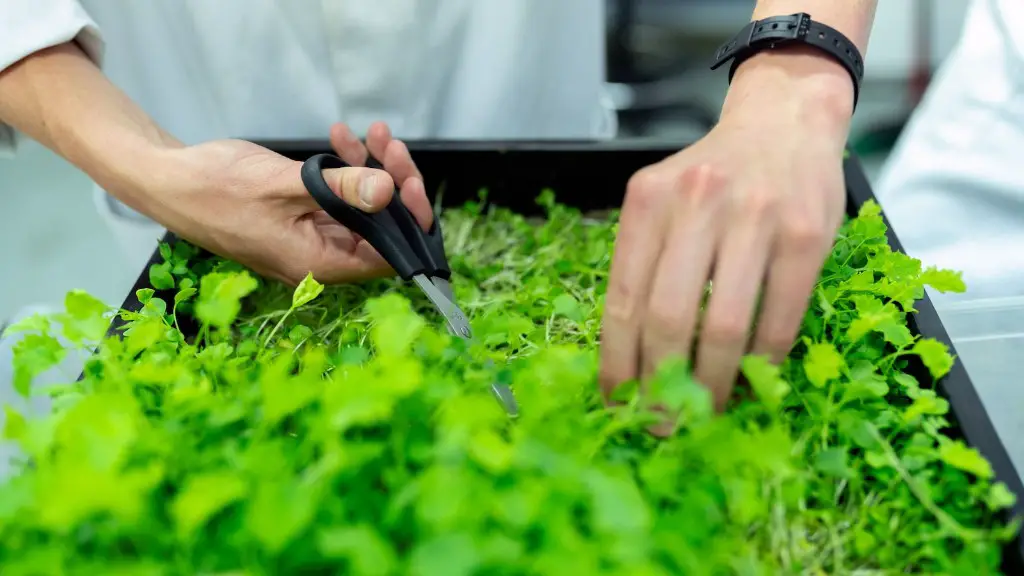Humans have farmed the land since they first appeared on the planet earth. Agriculture plays a huge role in modern life and has drastically changed the way people live. From providing food to fueling economies, agriculture set the stage for human civilization and enabled us to advance from hunter-gatherers to complex societies.
Agricultural advancements have been crucial in the development of societies. It was a shift from a nomadic lifestyle to a more sedentary one. People began organizing themselves in small communities and grew crops near a reliable water source. This made it possible to group communities together for defense and for trade.
Agriculture also led to specialization of labor. Before agriculture, hunters and gatherers were usually multifunctional and could hunt, gather, and create tools for survival. By devoting their energy to just one or two tasks, individuals were able to produce more for the group and become experts in their own field.
The productivity made possible by agriculture enabled humans to build and stabilize cities. This development allowed for the growth of government, art and education. Many of the monuments, temples and cities that still stand today all came to be due to agricultural advances.
Agriculture has changed health, too. Growing food changed the way humans ate and gave access to essential vitamins and minerals. This enabled them to support a larger population and reduce instances of malnutrition.
Finally, and perhaps most importantly, agriculture gave people financial security. The surplus produced by farming allowed people to build stores of wealth, paving the way for bartering and modern currency. These developments allowed people to go beyond basic needs and explore the possibilities of the future.
Agricultural Innovations
Since its beginnings, agriculture has evolved and adapted to the changing world. The invention of the plow allowed for the tilling of land for larger farms, making it easier to grow more food with less effort. The seed drill and four-field crop rotation techniques enabled farmers to irrigate and fertilize their crops efficiently, increasing yields significantly.
The invention of machinery such as the cotton gin, threshers and grain mills significantly increased the efficiency of production. These machines allowed for larger, more profitable farms and created an abundance of available food. As farming techniques advanced, so did the science of agricultural research and crop genetics.
The development of fertilizers, pesticides and commercial livestock production also changed the nature of agriculture. These innovations made for larger yields and improved the health of livestock. Scientists are still developing new ways to maximize yields and reduce the resources needed for farming.
Modern Agriculture
Modern agriculture focuses on sustainability, efficiency and food security. Farmers are now using scientific advancements such as hydroponics, irrigation and genetically modified organisms to increase yields and reduce the amount of water and pesticides needed to grow crops.
Organic farming has also become popular in recent years, providing natural foods without the use of synthetic chemicals. This type of farming has been proven to be beneficial to the environment and is becoming increasingly popular as an alternative to conventional farming methods.
Agriculture is still evolving globally and is playing an increasing role in the global economy. The UN estimates that it currently accounts for 40% of global employment and between 12-40% of the world’s gross domestic product.
From its humble beginnings, agriculture has evolved over centuries to become the most important force shaping our lives. It has changed the way we eat, how we produce our food and even how we think about the world we live in.
Impact on Developing Countries
Agriculture is a major factor in developing countries and provides employment to millions of people worldwide. However, many developing countries lack access to adequate farming equipment and technology, making it difficult for them to compete in the global market. As a result, many small farmers in these countries struggle to make a living.
In order to help these countries, organizations such as the UN have implemented programs to support sustainable agriculture and increase access to farmland. The organization also provides aid to farmers and cooperatives to further boost production.
Organizations such as the World Bank and IMF have also implemented programs designed to support small farmers in developing countries. These include proposed debt relief and investment in agriculture and infrastructure.
In addition, specialized organizations such as The United Nations Faculty Training Program provide funding for agricultural education and research in developing countries. This program provides training to farmers, researchers and students in order to improve production methods, increase productivity, and conserve resources.
Impact on Climate Change
Agriculture is a major contributor to climate change, accounting for 24% of global emissions. These emissions come primarily from the burning of fossil fuels to produce fertilizer and power machinery. In addition, livestock production and deforestation can also contribute to atmospheric pollution.
In order to reduce emissions, technologies such as renewable energy, improved farming techniques and precision agriculture are being used. Precision agriculture uses sensors, drones and satellites to monitor and manage crops, enabling farmers to reduce their use of fertilizers and pesticides.
Organizations such as the UN’s “4 for 1000” Initiative are also promoting sustainable agricultural practices worldwide. These practices help reduce emissions and improve soil quality, which in turn increases yields and reduces dependence on synthetic inputs.
In addition to reducing emissions, agricultural practices such as agroforestry, crop rotation and soil conservation can also help mitigate the effects of climate change. These practices help lock carbon into the soil and reduce the need for synthetic fertilizers and pesticides.
Conclusion
Agriculture has been a driving force in the development of human civilization and continues to play an important role in our lives. Its influence can be seen in the structure of our societies, the health of our people, and the economy of nations. As the world changes, so must agriculture, and it is up to us to ensure that it remains a sustainable and productive industry.
